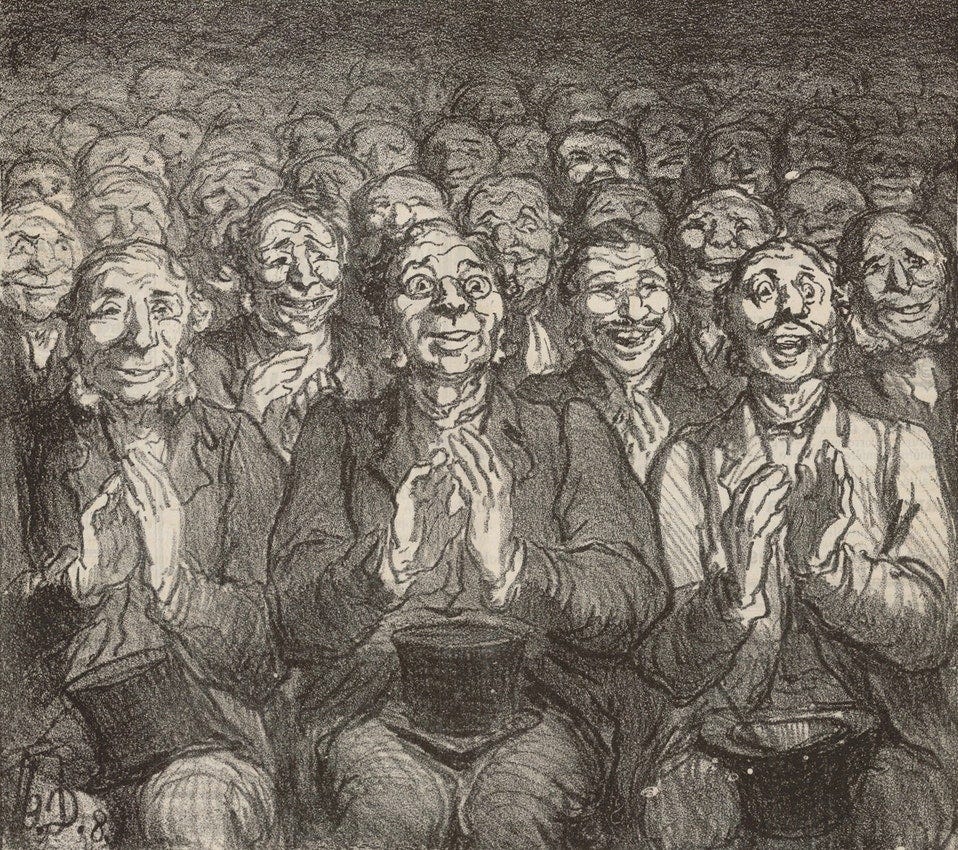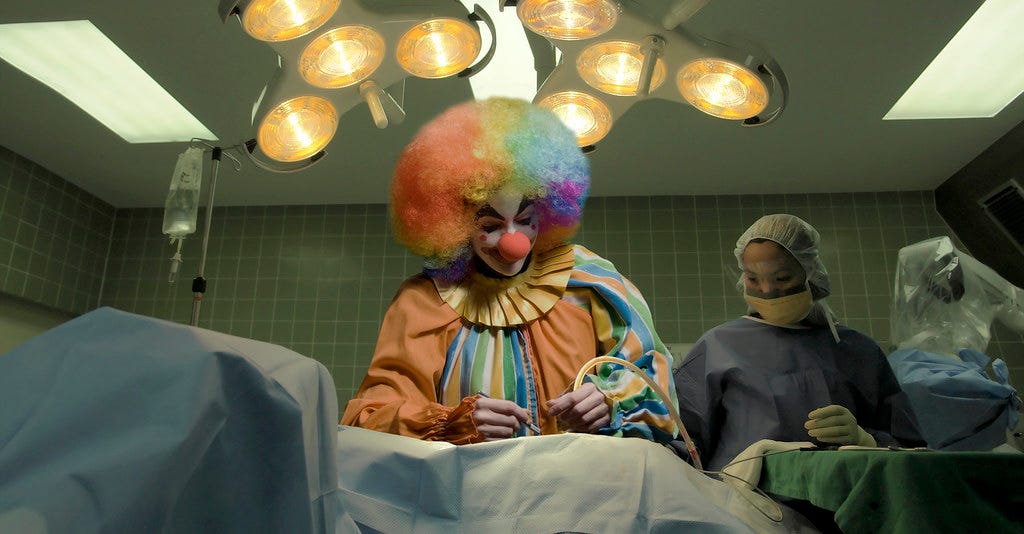You Gonna Use This On Stage?
Imagine you and I are out together and you've ordered a plate of, let's say, nachos. As we sit down, I make a joke about your love for nachos and you belly laugh. Then you ask what they always ask, "Are you going to put this in your act?
This is a common experience, one that’s hard to dispel. Of course good comedy comes from life but the answer to your question is, most likely, I won't be using this in my act. It's not that our moment wasn’t funny, spontaneous laughs are the funniest, but most non-comics underestimate the task of reproducing a laugh. The comedian’s goal is to find something that everybody sees but no one has acknowledged.
The comedian is always mining for jokes. They lie everywhere and certainly in the way you eat nachos. But jokes are perishable (as is Queso). Try watching an old standup special from the 90s and take stock of what you laugh at and what makes your eyes roll. Laughter comes from a relatable premise and a shared assumption. When the assumption proves us wrong and the comedian takes us in an unexpected direction it gets a laugh.
Time decays a joke because so much of the shared understanding between comedian and audience has been lost. Space can also decay a joke. Personally, I have practiced as a comic in urban settings and the populations I most often deal with have been younger. The first time I did a rural show, where our shared understanding was minimal, I bombed spectacularly. They could not relate to where I was coming from.
Though it is possible to take a joke and move it through time and space, success is not guaranteed. Taking a joke from life to stage has the complexity of an organ transplant with arguably higher stakes. First, you must cut the essence of the joke from the surrounding context and then transplant it into a foreign body: the minds of an audience that knows very little of you, your habit of ordering nachos at places you should never order nachos at, or the sorry state of those soggy chips. The comic must assess all of these variables and stitch together the context. Context is required, of course, but how much? What exactly made that nacho thing funny? These questions lead us to finding the right context for a potentially winning joke.
Then the probabilities of risk must be assessed. Context building takes time on stage and the more premise that is built the more pressure is placed on the punchline. Was the joke worth explaining the timeline of my friendship with you, the dear reader? The clown-surgeon may waste hours sewing and sawing together the context only to find that our joke-organ sputters with half a haha before it flatlines.
It can be done. Many jokes do come from the world of serendipity. I have taken ideas from conversations and made them work on stage. But the process is not neat and most chuckles are not worth the effort.
When there's enough shared context, a joke can be easy to recreate on stage. Take the cliche airline joke or one about dating on Tinder. If you're familiar with the frustrations of flying in the air or fucking on an app, then shared context is baked in, and you immediately understand the comedians perspective. But in such cases the comedian risks a hacky joke. If it's commonplace then chances are others have done the same joke; and if you're doing the same jokes as someone else then why should anyone listen? So the comedian faces themselves between two walls, the risk of being too familiar and the risk of being too foreign. The goal in comedy, and in all art, is to balance originality with shared understanding.
As a comedian grows, they become better at drawing people into their world. They become better mind readers. They can expertly assess what pieces of context are necessary for an unwitting audience to know before they can laugh. They can snip away the excess and most importantly, they make the context funny. This reduces the pressure on the punchline because the premise itself is full of laughs. You can sequence these pieces together into a larger, richer story.
But the whole thing starts with foraging. The comedian is like the noble chimp, scratching his ass and flipping stones. If the comedian finds something that describes the human experience in a unique way then they’ve found a worthy meal under that stone. And that thing about the nachos isn’t nutritious enough.




